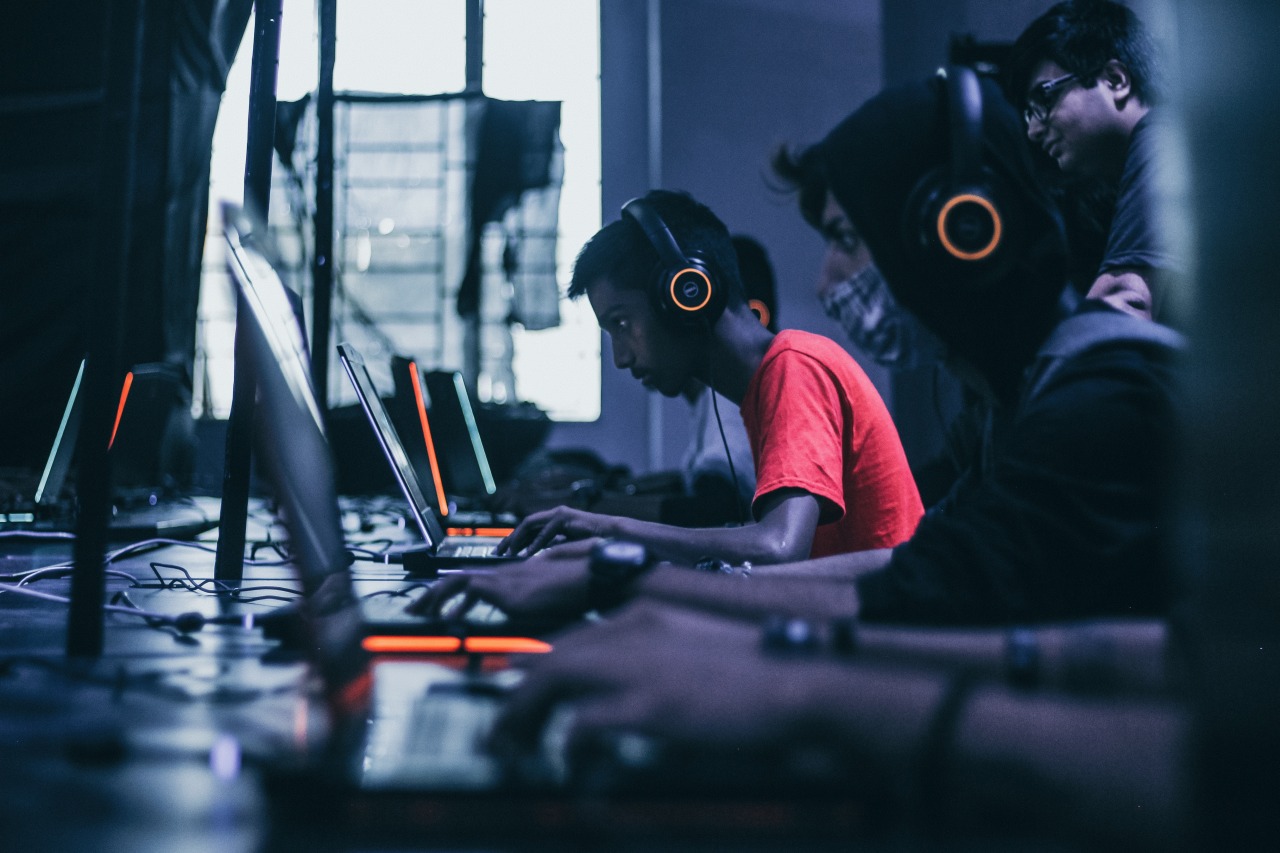Snip3down, pro-gamer with around 15 years’ experience in the competitive scene, recently tweeted that ‘Having fun playing video games feels like a thing of the past.’ The extensive response to this post has highlighted issues with matchmaking in recent competitive online games, which make it more difficult for high level players to enjoy the game.

Snip3down, real name Eric Wrona, is currently a member of the US esports team FaZe Clan and plays Apex Legends professionally. He started out in the Halo series competitive scene, becoming a competitive player of Halo 3 in around 2008. After the release of Apex Legends, he started to play that game in tournaments, before returning to Halo with Halo Infinite in 2021. In 2022, he went back to playing Apex Legends professionally.
On November 21, Snip3down posted on X that ‘Having fun playing video games feels like a thing of the past’, which received widespread reaction from pro-players of Apex Legends and others in the esports world as well as gamers in general. In response, Snip3down clarified that this was about his own personal struggle playing games and should not be taken to mean that all recently released games aren’t fun. Fellow esports player and former teammate ImperialHal jokingly chimed in that ‘It’s because you’re old now.’
Snip3down previously praised Apex Legends’ new mode Three Strikes (set to be playable for a limited period) as ‘the most fun I’ve had on the game in months, please keep this mode’. Compared to other modes in the game, it has a more casual atmosphere; it is easier for teammates to respawn and even when your whole team is annihilated, they can be revived twice. Snip3down’s request for Three Strikes to become a permanent part of Apex Legends suggests that the pro-gamer would also like to enjoy more casual play.
Apex Legends’ offerings include an extremely competitive Ranked Mode, a so-called Casual Mode and Mix Tape (which allows players to play a variety of modes). However, the matching system for all these modes focuses on grouping players with similar skill levels. In the past, Apex Legends used a system called SBMM (Skill-Based MatchMaking) before switching to a new algorithm system this year. Either way, even the matching system in Apex Legend’s Casual Mode matches players with similar skill levels.

Apart from Apex Legends, many other recent competitive online games also utilize matchmaking systems that put similarly skilled players in the same match, especially in the hope that this will make it easier for new players to have fun. However, this also means that professional players are very likely to end up in a match full of other seasoned players, making even casual matches as tough as ranked matches. Many users, streamers and pro-gamers have complained that SBMM has resulted in a lack of modes that can be enjoyed casually. This has led to the creation of games like Tom Clancy’s XDefiant, where “no SBMM in casual mode” was used as a big selling point.
This week, a thread by developer Max Hoberman, criticizing the use of SBMM in recent competitive games, has also gained much attention. Hoberman was the lead developer for Halo 2 and 3’s online multiplayer. He explains how even though Halo’s ranked mode filtered players based on level, he intentionally allowed variability in the matchmaking to provide for more interesting gameplay.
Hoberman went on to state that always evenly matching people may be fun for spectators, but results in a stressful and tense experience for players. He believes that the ideal system would be one that does not divide players but lets them enjoy the game together regardless of their skill level. As suggested by Snip3down’s comment, it may be that current matching systems are making it difficult for advanced players to continue to enjoy the game.
With esports gaining increasing popularity worldwide, it is important for online competitive games to boost the scene and have a competitive nature that appeals to players. It is of course important for games to attract new players and strategies such as SBMM have been implemented by game developers to this end. However, developers should also consider that such systems are resulting in dissatisfaction for high level players and pro-gamers who have been playing the game for years. Therefore, balancing matchmaking systems is a big issue for competitive games in maintaining a player base in the long term.
Written by. Verity Townsend based on the original Japanese article (2023-11-23 10:04 JST)





